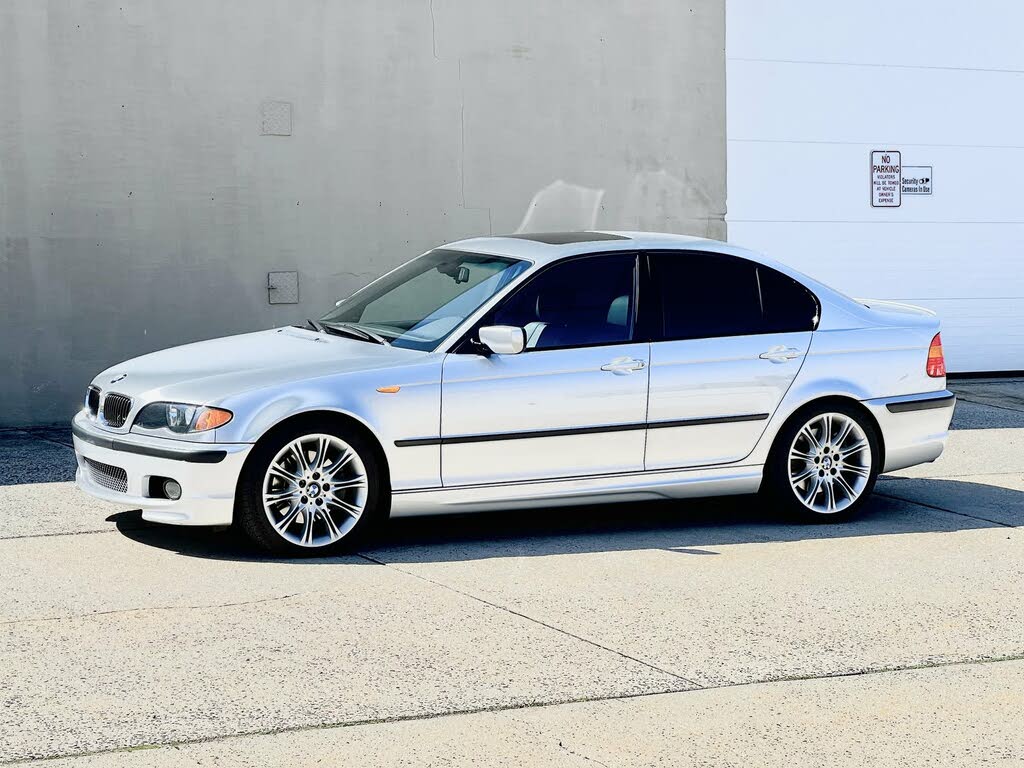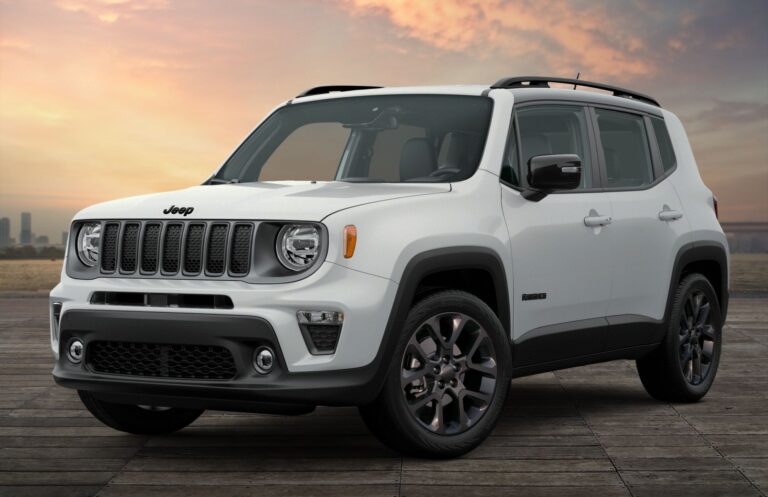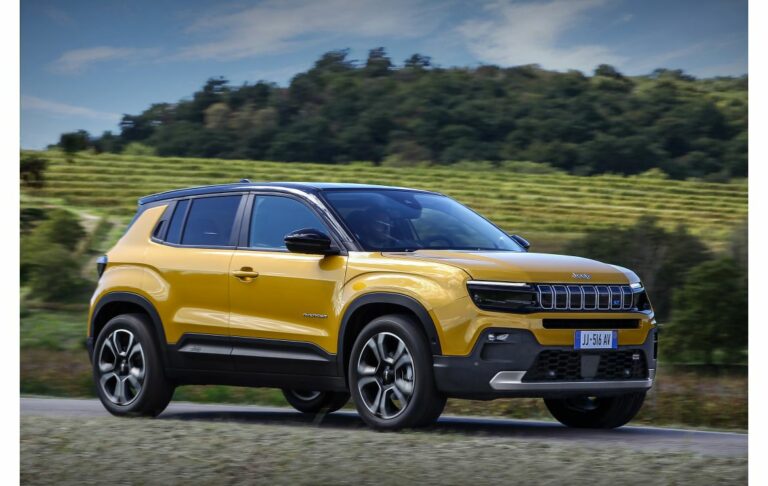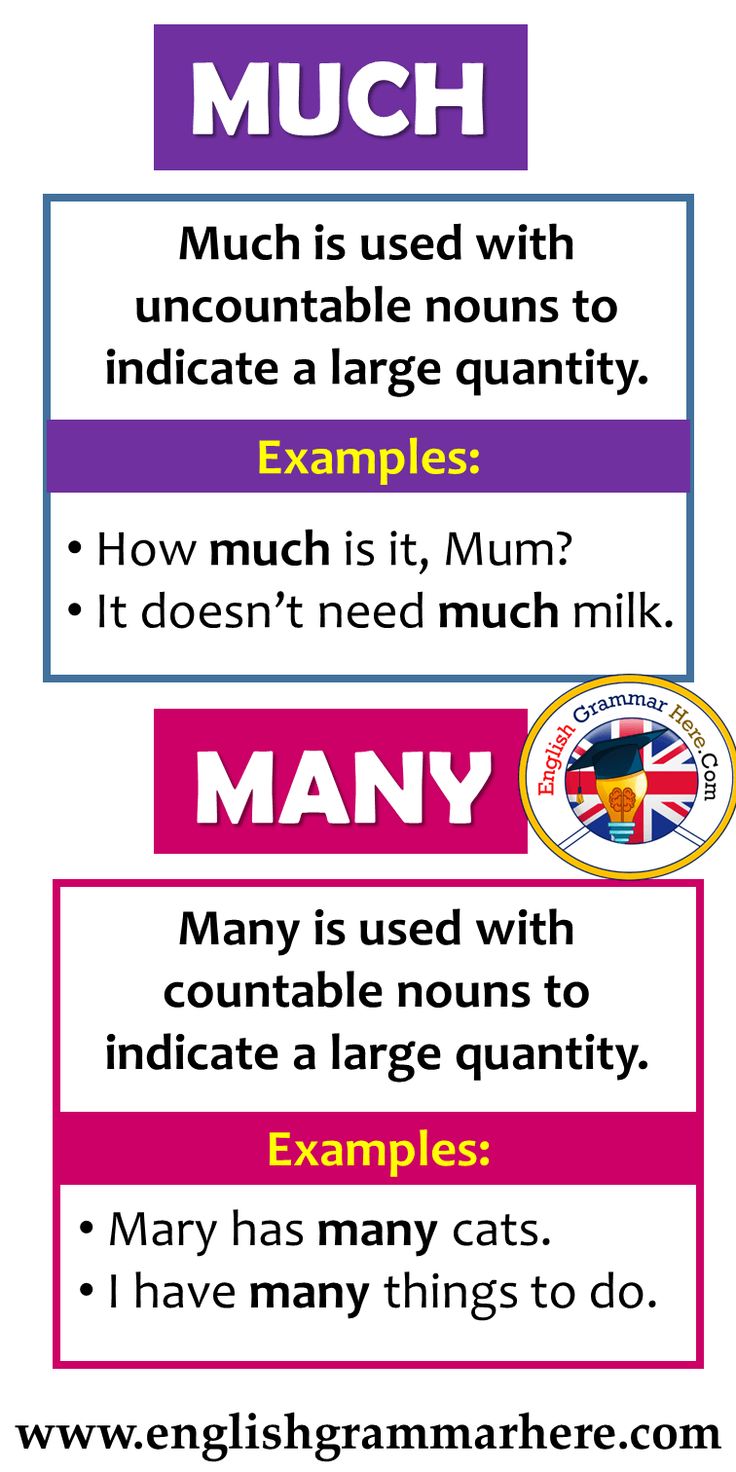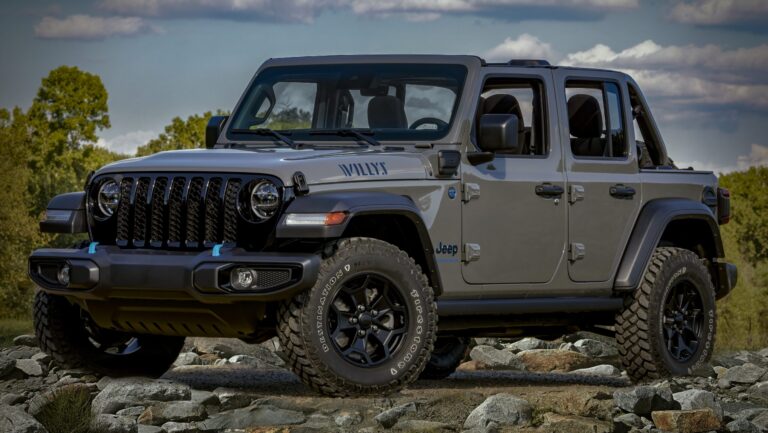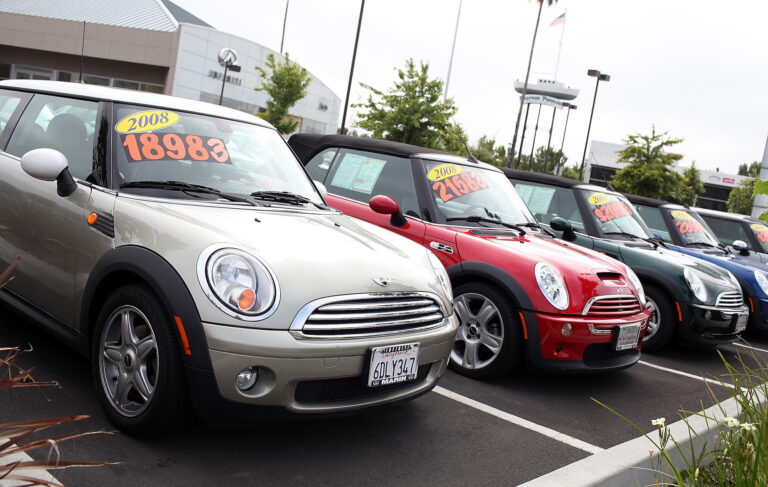2004 Jeep Grand Cherokee Motor For Sale: A Comprehensive Guide to Engine Replacement
2004 Jeep Grand Cherokee Motor For Sale: A Comprehensive Guide to Engine Replacement jeeps.truckstrend.com
The 2004 Jeep Grand Cherokee, part of the beloved WJ generation, stands as a testament to rugged capability and enduring design. Known for its off-road prowess and comfortable on-road demeanor, many owners find themselves deeply attached to their WJ. However, like any vehicle approaching two decades of service, the heart of the beast – its engine – can eventually wear out. When faced with a failing motor, the prospect of finding a reliable "2004 Jeep Grand Cherokee Motor For Sale" becomes a critical decision, offering a cost-effective alternative to purchasing a new vehicle and extending the life of a cherished SUV. This comprehensive guide will navigate the intricacies of sourcing, purchasing, and understanding replacement engines for your 2004 Grand Cherokee, ensuring an informed and successful restoration.
Understanding the 2004 Jeep Grand Cherokee Engine Options
2004 Jeep Grand Cherokee Motor For Sale: A Comprehensive Guide to Engine Replacement
Before embarking on the search for a replacement motor, it’s crucial to understand the various engine options originally offered in the 2004 Jeep Grand Cherokee. Compatibility is paramount, as different engines will have distinct mounting points, sensor configurations, and ECU requirements.
- 4.0L PowerTech Inline-6 (I6): This venerable engine is legendary for its simplicity, durability, and torquey nature. It’s often praised for its longevity, frequently exceeding 200,000 miles with proper maintenance. For many Grand Cherokee owners, the 4.0L I6 is the engine of choice for its reliability and ease of service.
- 4.7L PowerTech V8: Offering a significant bump in horsepower and torque compared to the I6, the 4.7L V8 provides a more spirited driving experience. It’s a robust engine, though some early versions had issues with cylinder head casting or oil pressure. By 2004, most of these kinks were worked out, making it a solid performer.
- 4.7L High Output (HO) PowerTech V8: Available in specific trim levels (like the Overland and some Limited models), the 4.7L HO V8 delivered even more power through revised cylinder heads, camshafts, and intake manifolds. It’s the most powerful engine option for the 2004 Grand Cherokee, offering exhilarating acceleration.
Identifying your specific engine type (often found on a sticker under the hood, in the owner’s manual, or by decoding your VIN) is the first and most critical step in your search.
Why Buy a Replacement 2004 Grand Cherokee Motor?

The decision to replace an engine rather than the entire vehicle is often driven by several compelling factors:
- Cost Savings: A new or quality used vehicle represents a significant financial outlay. Replacing the engine of your existing Grand Cherokee is almost always a fraction of that cost, especially if the rest of the vehicle (transmission, body, interior) is in good condition.
- Vehicle Longevity: If you love your WJ and it otherwise serves your needs, a new engine can breathe new life into it, potentially adding many more years and miles to its service life.
- Sentimental Value: Many owners have a strong emotional connection to their Grand Cherokees, having shared countless memories and adventures. An engine replacement allows these vehicles to continue their journey.
- Known History: You know the history of your vehicle, its quirks, and its maintenance. Buying a "new" used vehicle introduces an unknown history.
- Availability of Parts: Due to the popularity and robust nature of the WJ Grand Cherokee, replacement engines (both used and remanufactured) are readily available in the market.
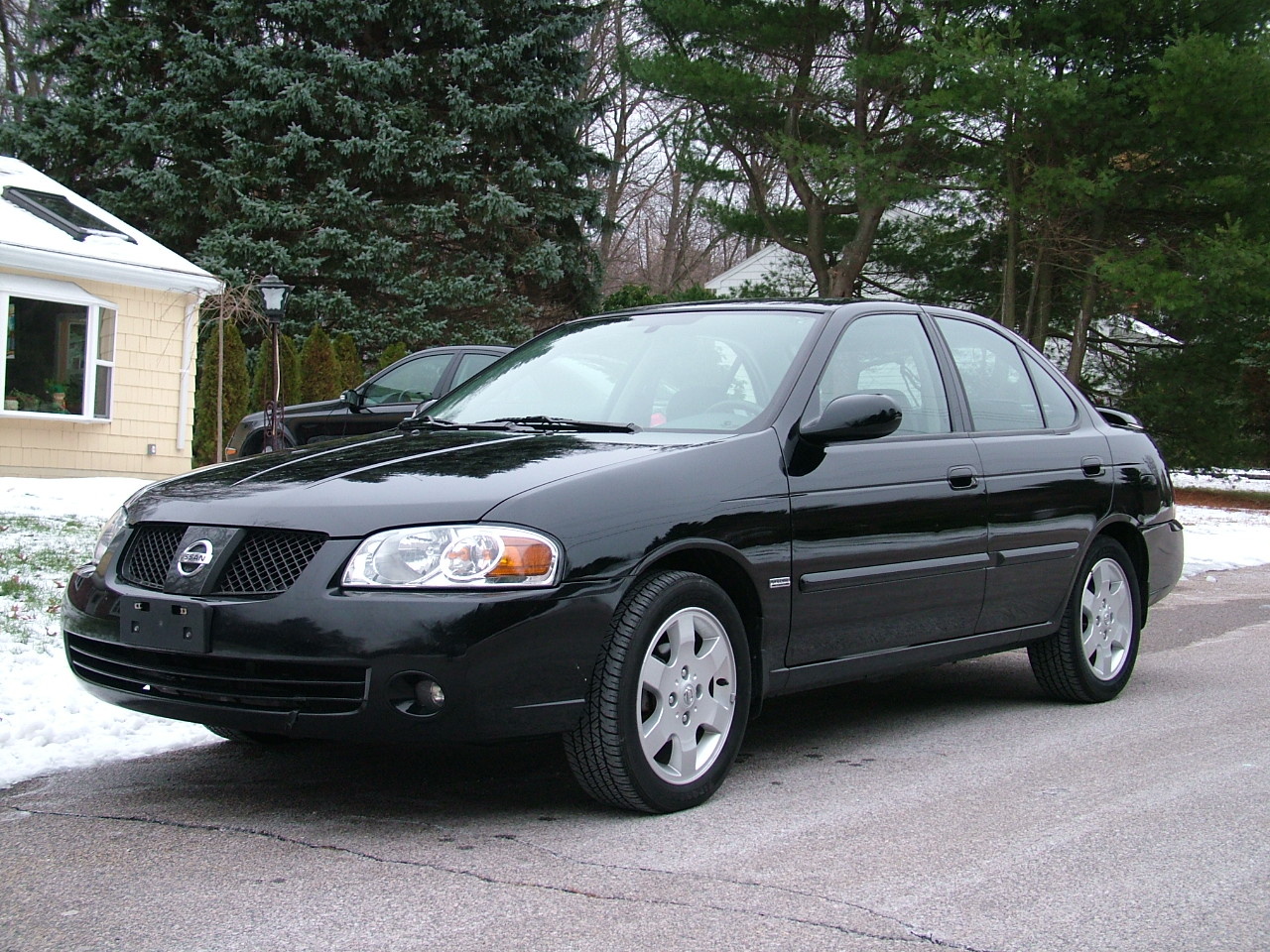
Types of 2004 Jeep Grand Cherokee Motors For Sale
When searching for a "2004 Jeep Grand Cherokee Motor For Sale," you’ll encounter several categories, each with its own advantages and considerations:
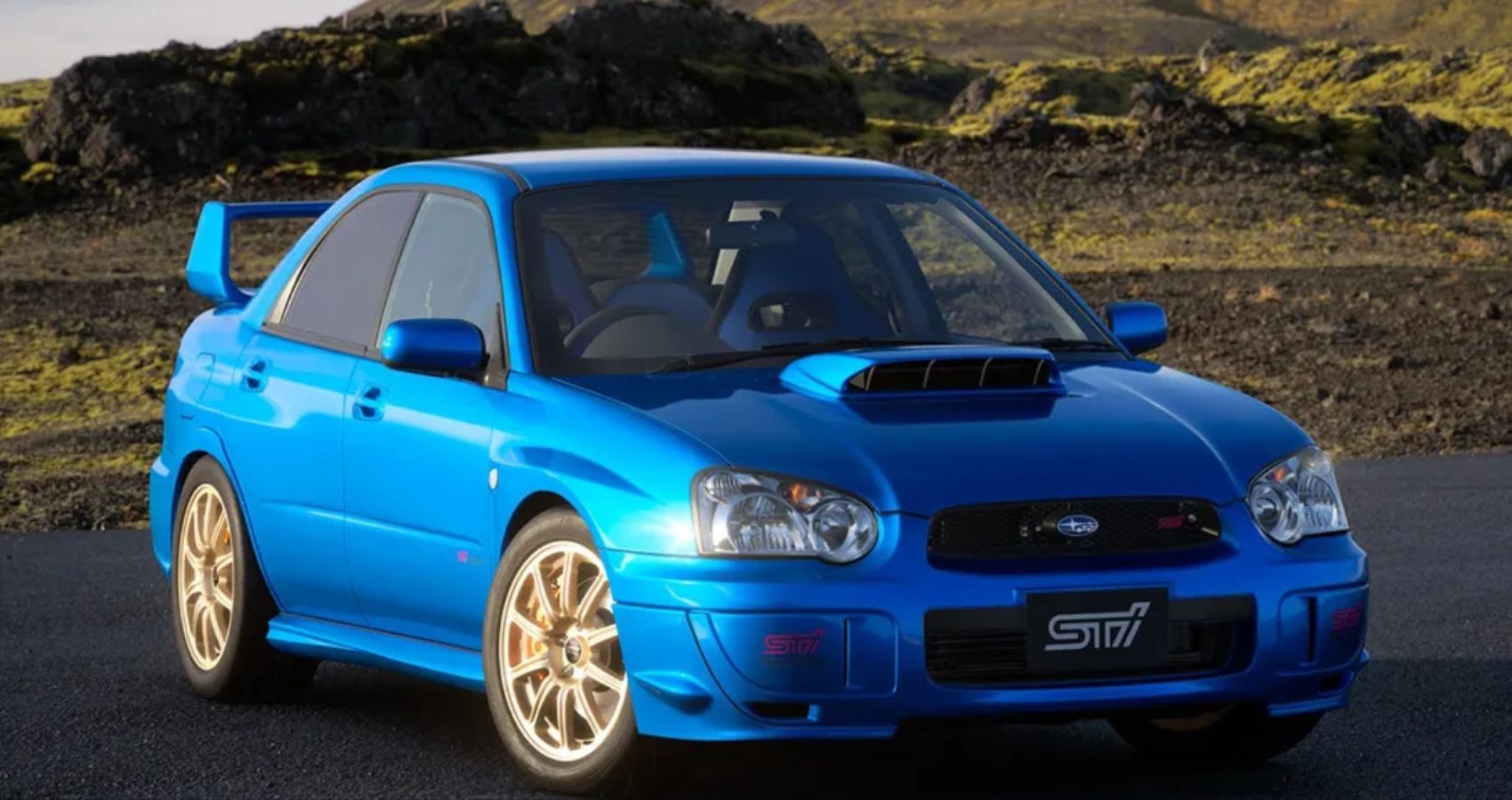
-
Used Engines (Salvage/Junk Yard):
- Pros: Generally the most affordable option. Can be a quick solution if found locally.
- Cons: Unknown history, mileage, and wear. No guarantee of internal condition. May come with limited or no warranty. Risk of receiving a "lemon."
- Tips: Always try to get a video of the engine running in the donor vehicle. Ask for a compression test, check for signs of leaks, and inquire about the donor vehicle’s mileage and accident history. A reputable salvage yard will offer some form of short-term warranty.
-
Rebuilt Engines:
- Pros: An existing engine (either yours or a core) is disassembled, inspected, and reassembled with new or reconditioned components (e.g., piston rings, bearings, gaskets, seals). Often done by local machine shops. Can be customized with performance parts.
- Cons: Quality can vary significantly depending on the rebuilder’s expertise and the quality of parts used. Warranties might be shorter or less comprehensive than remanufactured units.
- Tips: Choose a rebuilder with a strong reputation. Understand exactly what components are being replaced or machined. Ask for references and warranty details.
-
Remanufactured Engines:
- Pros: The "gold standard" for replacement engines. These are completely disassembled, thoroughly cleaned, inspected, and machined to original factory specifications. All wear components (pistons, rings, bearings, camshafts, valves, etc.) are replaced with new or re-machined parts. They typically come with a comprehensive warranty (often 3 years/unlimited miles) and are tested extensively before sale. They offer "like new" performance and reliability.
- Cons: The most expensive option, but the added cost often pays for itself in peace of mind and longevity.
- Tips: Purchase from a reputable remanufacturer known for quality control and customer service. Verify the warranty details and what it covers.
Key Considerations When Purchasing
Making an informed decision requires careful consideration of several factors:
- Engine Compatibility (VIN/Engine Code): As mentioned, verify that the replacement engine is an exact match for your vehicle’s original engine code. This ensures proper fitment for accessories, sensors, and compatibility with your vehicle’s Powertrain Control Module (PCM/ECU).
- Mileage and Condition (for Used Engines): Lower mileage is generally better, but condition is paramount. Look for signs of proper maintenance (clean oil, no excessive sludge) and absence of major leaks.
- Warranty: This is non-negotiable, especially for remanufactured or rebuilt engines. Understand the terms, duration, and what specifically is covered (parts, labor, towing). A good warranty provides crucial peace of mind.
- Shipping and Logistics: Engines are heavy and bulky. Factor in freight costs, delivery time, and the need for a forklift or liftgate service at the delivery location. Inspect the engine immediately upon arrival for shipping damage.
- Reputation of the Seller: Research the seller thoroughly. Check online reviews, Better Business Bureau ratings, and industry affiliations. A reputable seller will provide clear communication and stand behind their product.
- Included Components: Clarify whether you are buying a "long block" (engine block with cylinder heads, camshafts, crankshaft, pistons, etc., but no external accessories) or a "complete engine" (includes intake manifold, exhaust manifolds, throttle body, fuel injectors, sensors, etc.). A complete engine might seem easier, but often it’s more cost-effective to swap your existing accessories onto a new long block.
The Buying Process: A Step-by-Step Guide
- Diagnose Thoroughly: Confirm that your existing engine is indeed beyond repair or uneconomical to fix. Rule out simpler issues like sensor failures or electrical problems.
- Identify Your Engine: Accurately determine the exact engine code and specifications for your 2004 Grand Cherokee using your VIN.
- Research Sellers: Look at major online engine retailers, local salvage yards, dedicated remanufacturing companies, and even reputable independent mechanics who might source engines.
- Compare Options: Get quotes for used, rebuilt, and remanufactured engines. Compare prices, warranties, and what’s included with each option.
- Ask Detailed Questions: Don’t hesitate to ask about the engine’s history (if used), the rebuilding process (if rebuilt), the testing procedures (if remanufactured), and the exact warranty terms.
- Arrange Purchase and Shipping: Once you’ve chosen, finalize the purchase, arrange payment, and coordinate shipping or pickup. Ensure you have the necessary equipment for unloading.
- Professional Installation: Unless you are an experienced mechanic with the right tools, professional installation is highly recommended. Improper installation can void warranties and lead to immediate problems.
Potential Challenges and Solutions
- Incorrect Engine Received: Immediately verify the engine code and visual appearance against what you ordered upon delivery. Document any discrepancies with photos and contact the seller.
- Shipping Damage: Inspect the engine thoroughly for any signs of damage (cracked housing, broken sensors, bent components) before signing for delivery. Note any damage on the delivery receipt and file a claim immediately.
- Post-Installation Issues: If the engine develops problems after installation, immediately refer to your warranty. Follow the seller’s troubleshooting and return procedures.
- Installation Complexity: The task of swapping an engine is significant. If you’re not confident, hiring a certified mechanic specializing in Jeeps will save time, effort, and potential headaches.
2004 Jeep Grand Cherokee Motor For Sale: Estimated Price Table
Please note that these prices are estimates and can vary significantly based on mileage, condition, seller, location, market demand, and included accessories. Always get multiple quotes.
| Engine Type | Condition | Estimated Price Range (USD) | Warranty (Typical) | Notes |
|---|---|---|---|---|
| 4.0L PowerTech I6 | Used | $800 – $1,500 | 30-90 days | Mileage highly variable, inspect carefully. |
| Rebuilt | $1,800 – $2,800 | 1-2 years / 12k-24k miles | Quality depends on builder. | |
| Remanufactured | $2,500 – $3,500+ | 3 years / Unlimited Miles | "Like new" performance, best peace of mind. | |
| 4.7L PowerTech V8 | Used | $900 – $1,800 | 30-90 days | Check for common V8 issues (oil pressure). |
| Rebuilt | $2,000 – $3,200 | 1-2 years / 12k-24k miles | Ensure reputable rebuilder for V8. | |
| Remanufactured | $2,800 – $4,000+ | 3 years / Unlimited Miles | Recommended for V8 for long-term reliability. | |
| 4.7L HO PowerTech V8 | Used | $1,000 – $2,000 | 30-90 days | Less common, may be harder to find. |
| Rebuilt | $2,200 – $3,500 | 1-2 years / 12k-24k miles | Specialist V8 rebuilder recommended. | |
| Remanufactured | $3,000 – $4,500+ | 3 years / Unlimited Miles | Premium option for premium performance. |
Note: These prices typically cover the long block. Additional costs will include shipping, installation labor (often $1,000-$2,000+), fluids, and potentially new ancillary components (spark plugs, wires, belts, hoses, sensors, etc.).
Frequently Asked Questions (FAQ)
Q: What’s the difference between a long block and a complete engine?
A: A long block typically includes the engine block, crankshaft, pistons, connecting rods, cylinder heads, camshafts, and valves. It does not include external accessories like the intake manifold, exhaust manifolds, throttle body, fuel injectors, alternator, power steering pump, or A/C compressor. A complete engine (or "turn-key" engine) usually includes most or all of these external components, ready to drop in, though it’s often more expensive.
Q: Can I install a replacement engine myself?
A: Engine replacement is a complex job requiring specialized tools (engine hoist, transmission jack, various wrenches, diagnostic equipment), significant mechanical knowledge, and often a dedicated workspace. While possible for experienced DIY mechanics, it’s generally recommended for professional installation to ensure proper alignment, connections, and to preserve the engine’s warranty.
Q: How do I know which engine my 2004 Grand Cherokee has?
A: The easiest way is to check the sticker under the hood, often on the radiator support or firewall. You can also decode your Vehicle Identification Number (VIN) using an online VIN decoder, which will list your vehicle’s original specifications, including the engine type. Your owner’s manual or a local Jeep dealership parts department can also help.
Q: What’s a fair price for engine installation?
A: Installation labor costs vary significantly by region and shop. Expect to pay anywhere from $1,000 to $2,000 or more for labor alone. This does not include fluids, new gaskets, spark plugs, or any other ancillary parts that might need replacement during the swap. Always get a detailed quote from your mechanic.
Q: How long should a replacement engine last?
A: A high-quality remanufactured engine, properly installed and maintained, should last as long as or even longer than the original factory engine, potentially well over 100,000-150,000 miles. Rebuilt engines’ longevity depends on the quality of the rebuild. Used engines are a gamble, with their lifespan being highly dependent on their prior life and mileage.
Conclusion
Finding a "2004 Jeep Grand Cherokee Motor For Sale" represents a smart and often necessary step for owners looking to extend the life of their cherished WJ. By understanding the available engine types, the differences between used, rebuilt, and remanufactured options, and the critical factors to consider during the purchase, you can make an informed decision that saves money and brings your Grand Cherokee back to its capable self. While the process requires diligence, the reward of a revitalized vehicle ready for more adventures makes it a worthwhile endeavor.
